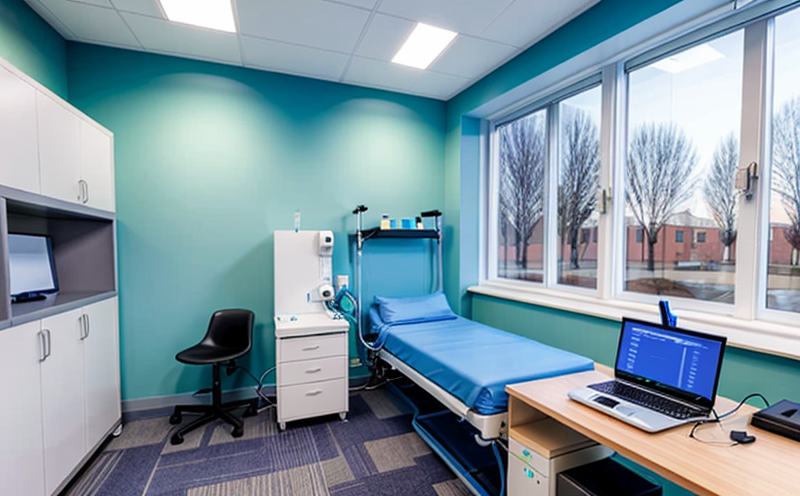Biocompatibility testing for long-term implantation devices
Unlocking Safe and Effective Long-Term Implantation Devices The Importance of Biocompatibility Testing
In todays fast-paced world of medical innovation, companies are racing to develop cutting-edge implantable devices that can revolutionize healthcare. However, ensuring the safety and effectiveness of these devices is paramount. One crucial step in this process is biocompatibility testing for long-term implantation devices. As a leading laboratory service provider, Eurolab is dedicated to helping businesses navigate this critical aspect of medical device development.
What is Biocompatibility Testing?
Biocompatibility testing involves evaluating the interaction between a medical device and the human body. It assesses whether the devices materials can cause adverse reactions, toxicity, or other biological effects that could compromise its performance or safety. For long-term implantation devices, biocompatibility testing is essential to ensure that the material does not degrade over time, causing harm to patients.
Why Biocompatibility Testing Matters for Long-Term Implantation Devices
Biocompatibility testing is a non-negotiable aspect of medical device development. Here are some compelling reasons why
Advantages of Biocompatibility Testing
Ensures Patient Safety By evaluating the biocompatibility of implantable devices, you can ensure that patients are protected from potential harm.
Supports Regulatory Compliance Biocompatibility testing helps meet regulatory requirements, reducing the risk of product recalls and legal issues.
Accelerates Time-to-Market Conducting thorough biocompatibility testing upfront saves time and resources in the long run by minimizing the need for costly rework or redesign.
Enhances Device Performance By selecting materials with optimal biocompatibility, you can improve device functionality, reliability, and longevity.
Key Benefits of Eurolabs Biocompatibility Testing Services
Our laboratory offers a comprehensive range of biocompatibility testing services tailored to meet the specific needs of long-term implantation devices
Material Selection Identify suitable materials for your device using our extensive library of biocompatible materials.
In Vitro and In Vivo Testing Conduct thorough in vitro (cell-based) and in vivo (animal-based) tests to evaluate biocompatibility, toxicity, and other biological effects.
Extractable and Leachable Testing Assess the potential for chemicals to leach from devices into the body, ensuring patient safety.
Biodegradable Material Testing Evaluate the biodegradation of materials to ensure they do not cause adverse reactions over time.
QA Biocompatibility Testing for Long-Term Implantation Devices
Q What are the regulatory requirements for biocompatibility testing?
A Regulatory agencies like the FDA and EU MDR have strict guidelines for biocompatibility testing. Our experts will guide you through these requirements.
Q How long does biocompatibility testing typically take?
A The duration of biocompatibility testing varies depending on the complexity of the device and the scope of testing required.
Q Can Eurolab help with material selection for my device?
A Yes! Our experts have extensive knowledge of biocompatible materials and can recommend suitable options based on your specific needs.
Conclusion
Biocompatibility testing is a critical step in ensuring the safety, effectiveness, and regulatory compliance of long-term implantation devices. By partnering with Eurolab, you can tap into our expertise and comprehensive range of services to bring innovative medical devices to market while prioritizing patient safety.




